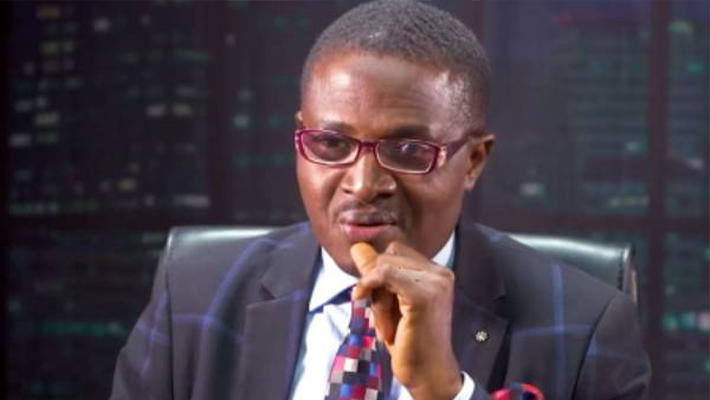Defections not threat to democracy – Public affairs analyst

Legal practitioner and public affairs analyst, Jide Ologun, says Nigeria’s rising wave of political defections is not a threat to democracy, provided leaders embrace good governance.
He said democracy remains safe when government protects lives, improves welfare and delivers public services, rather than merely balancing partisan interests and political power blocs.
Speaking in Lagos on Saturday during an interview with the News Agency of Nigeria, NAN, he noted that elections, parties and structures are only meaningful when citizens benefit from governance.
He said anxiety over Nigeria becoming a one-party state overlooks the deeper concern of whether those in office prioritise national interest above personal gain.
According to him, democracy loses value not when one party dominates, but when leaders abandon constitutional responsibilities and public expectations.
Ologun stressed that governance is judged by the lives it improves, adding that democracy collapses when citizens’ voices are ignored and public trust erodes.
He noted that Nigeria’s Constitution places citizens’ welfare and security at the core of leadership duties, stating that failure in these areas marks democratic decline.
Commenting on recent defections that strengthened the All progressives Congress’ grip in the National Assembly, he argued that ideology has faded from Nigerian politics.
He said many politicians now switch parties to secure influence and survival, rather than pursue policy convictions or long-term national development goals.
According to him, defections have become political armour, shielding individuals from prosecution, isolation or loss of relevance in an increasingly competitive political environment.
He cited constitutional provisions requiring defecting lawmakers without valid grounds to forfeit seats, saying weak enforcement has emboldened opportunistic political movement.
Referring to the Rivers Assembly episode, he said the law’s spirit was disregarded, creating room for selective interpretation and political manoeuvring.
Ologun said the Constitution’s silence on governors’ defections further weakens accountability, allowing executive leaders to switch parties without consequences.
He argued that past politics once carried ideological conviction and principled debate, while contemporary politics prioritises power, access and personal benefit.
He pointed to recent events in Delta, Akwa Ibom and Enugu as examples of alignments driven by calculation rather than belief in any party philosophy.
Ologun described President Bola Tinubu as a master political strategist who has gradually consolidated influence ahead of the 2027 elections.
He, however, urged Nigerians to avoid political apathy, remain organised and demand transparency, insisting democracy cannot thrive without an informed and active electorate.
He said citizens must insist on accountability, noting that unchecked political opportunism risks undermining institutions and weakening democratic culture.





